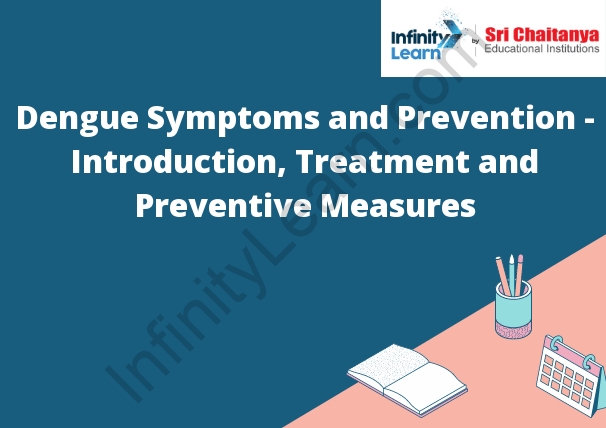Table of Contents
Introduction of Dengue Fever
Dengue fever is a viral disease that is spread by mosquitoes. It is a serious illness that can cause death. The disease was first identified in the 1950s in Southeast Asia. It is now found in most tropical and subtropical countries. Dengue fever is most common in Asia, the Pacific, and Latin America.

Dengue Causes Symptoms and Prevention
Dengue fever is a mosquito-borne viral infection. It is a febrile illness that affects infants, young children, and adults. The illness caused by the dengue virus is characterized by the sudden onset of fever, severe headache, muscle and joint pain, and rash. There is no specific treatment for dengue fever. However, effective supportive care can reduce the risk of death.
Dengue is caused by a virus that is spread by the bite of an infected Aedes mosquito. The virus is not spread from person to person. Mosquitoes become infected when they bite a person who is infected with the virus. The virus can be spread through the blood, semen, and breast milk of people who are infected.
Dengue fever typically occurs in tropical and subtropical areas of the world. However, the virus can be spread to other areas by travelers who are infected. The illness is most common in Southeast Asia and the Western Pacific.
Dengue fever is a febrile illness that affects infants, young children, and adults. The illness caused by the dengue virus is characterized by the sudden onset of fever, severe headache, muscle and joint pain, and rash.
There is no specific treatment for dengue fever. However, effective supportive care can reduce the risk of death. This includes rest, fluids, and pain relief. In some cases, hospitalization may be required.
Prevention of dengue fever includes avoiding exposure to mosquitoes. This can be done by using insect repellent, wearing clothing that covers the skin, and staying in places with air conditioning or screens on the windows.
Treatment of The Dengue Fever
There is no specific cure for dengue fever, which is caused by a virus. Treatment focuses on relieving symptoms, which may include fever, headache, muscle and joint pain, and rash.
Rest and fluids are important, and acetaminophen may help relieve pain and fever. In severe cases, hospitalization may be necessary for intravenous fluids, treatment for dehydration, and, if necessary, blood transfusions.
Preventive Measures of Dengue
There is no vaccine or specific treatment for dengue fever. However, there are a few things you can do to help prevent yourself from becoming infected:
1. Use insect repellent.
2. Wear clothing that covers your skin.
3. Stay in air-conditioned or well-screened areas.
4. Use a bed net if you are sleeping outdoors or in a room that is not air-conditioned.
5. Get vaccinated against yellow fever.







